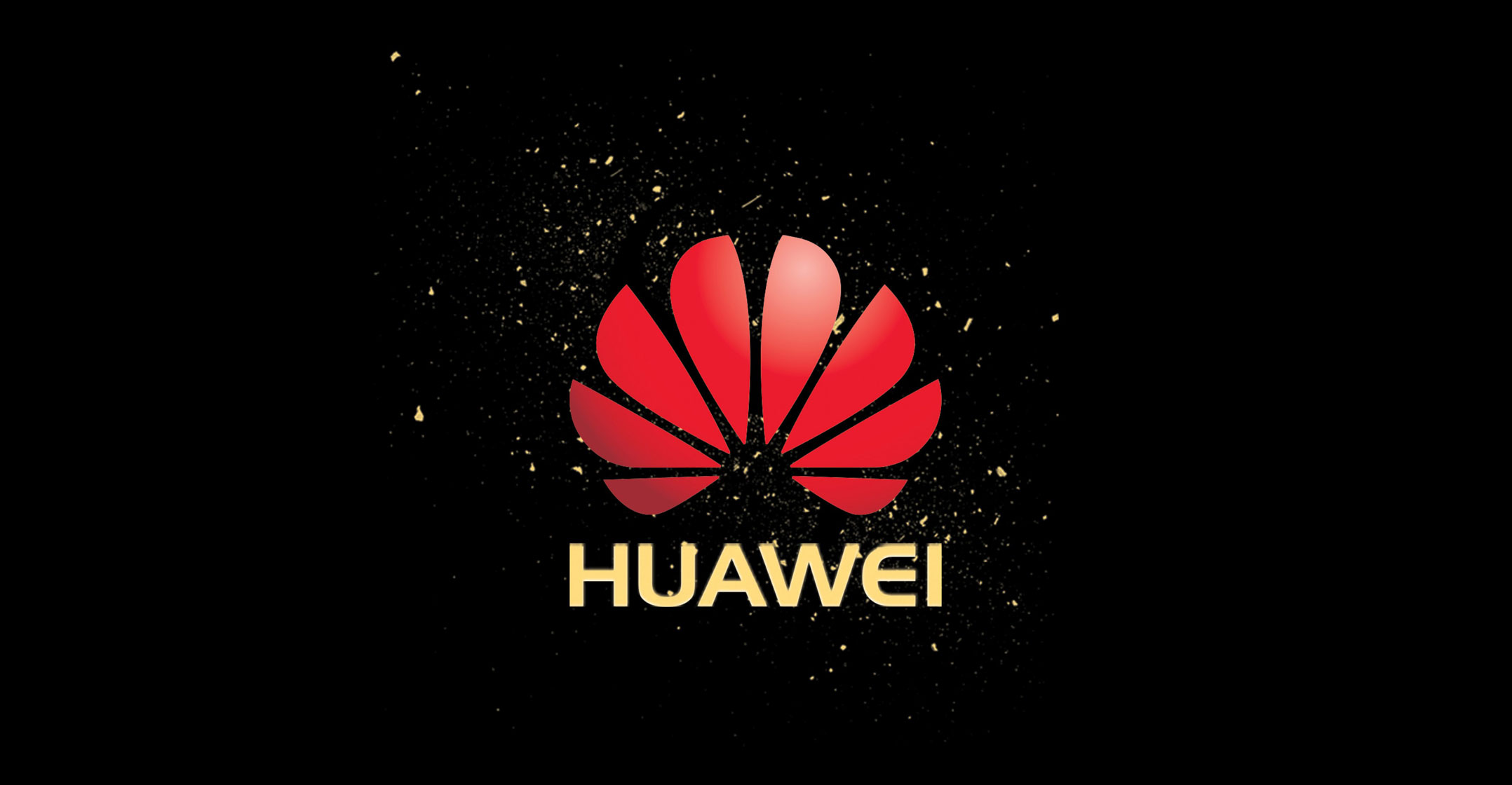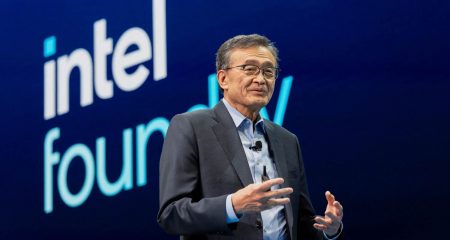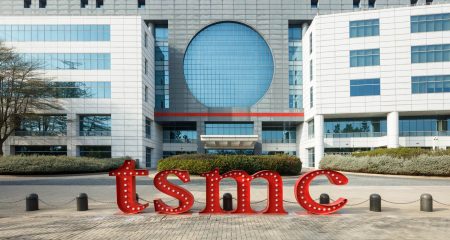 The US said it would grant licences allowing companies to export goods to Huawei Technologies but won’t remove the Chinese technology giant from an export blacklist, as talks between the world’s two biggest economies resumed.
The US said it would grant licences allowing companies to export goods to Huawei Technologies but won’t remove the Chinese technology giant from an export blacklist, as talks between the world’s two biggest economies resumed.
The US department of commerce will “issue licences where there is no threat to US national security”, though Huawei will continue to face export controls, commerce secretary Wilbur Ross said on Tuesday in Washington.
The move clarifies President Donald Trump’s remarks that he would allow US companies to resume supplying some of their products to Huawei, after meeting his Chinese counterpart Xi Jinping in Osaka, Japan last month. Top negotiators from both countries talked by phone on Tuesday for the first time since the two leaders agreed to a tentative truce.
“Within those confines, we will try to make sure that we don’t just transfer revenue from the US to foreign firms,” said Ross. “Huawei itself remains on the Entity List, and the announcement does not change the scope of items requiring licences from the commerce department, nor the presumption of denial.”
Like Trump and other high-level US officials, Ross did not specify a time frame or elaborate on what constitutes a national security threat. The Entity List is often reserved for rogue regimes and their associated companies as a way to prevent US-origin items from flowing to them.
Legal ways
Even before Trump’s Osaka announcement, a number of American suppliers including Micron Technology and Intel had already resumed selling certain products to Huawei after concluding there are legal ways to bypass the ban.
The chip makers are taking advantage of certain exceptions to the US export restrictions. If less than 25% of the technology in a chip originates in the US, for example, then it may not be covered by the ban, under current rules. — (c) 2019 Bloomberg LP




